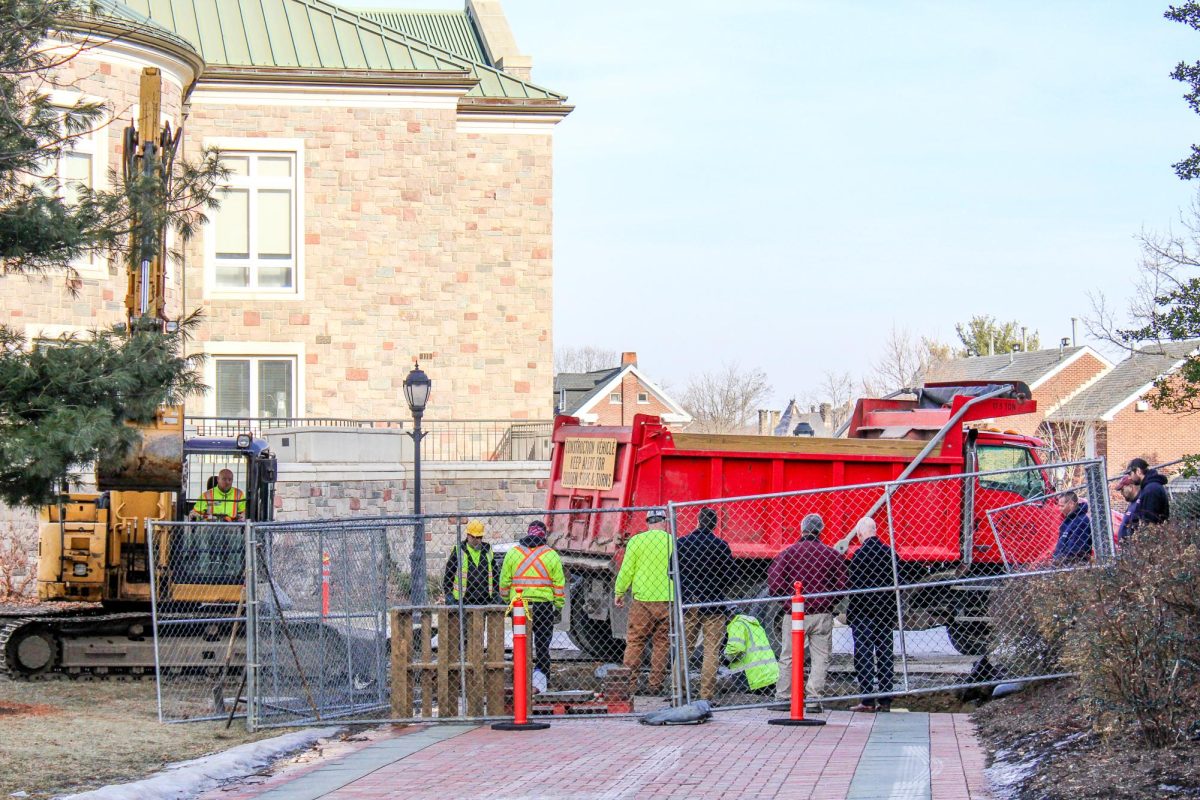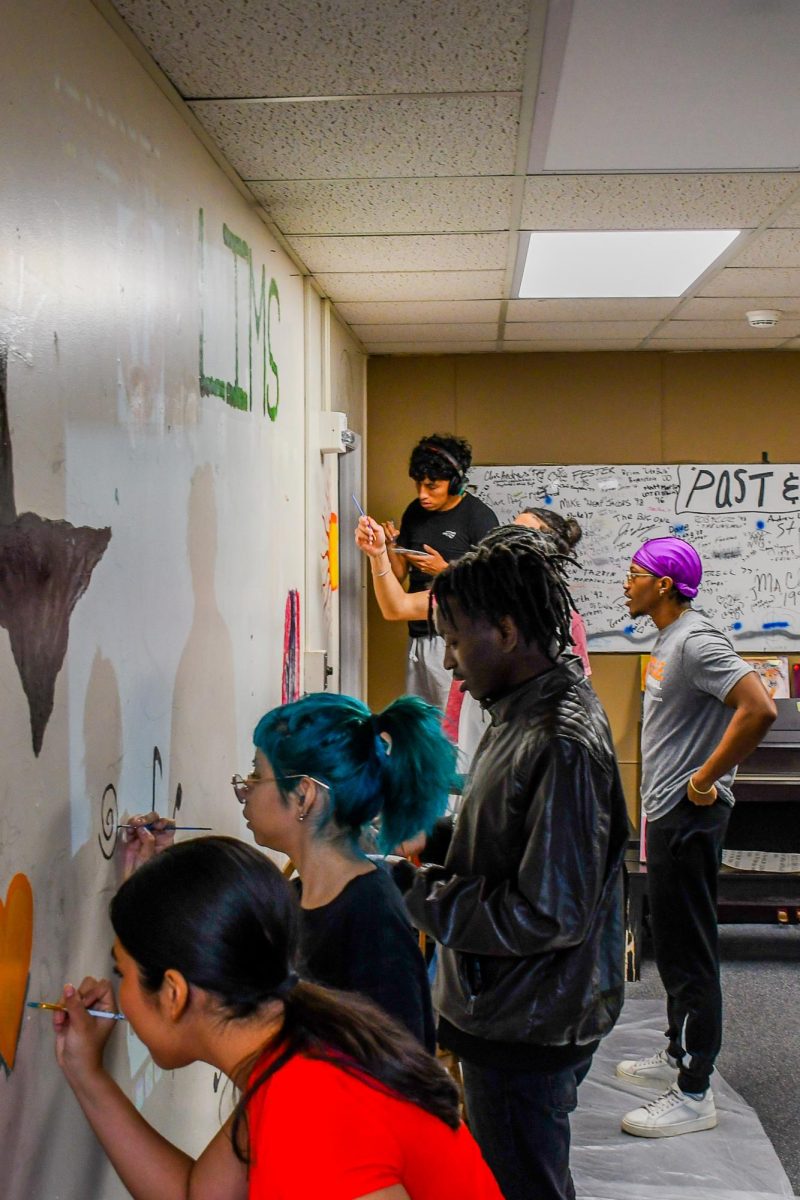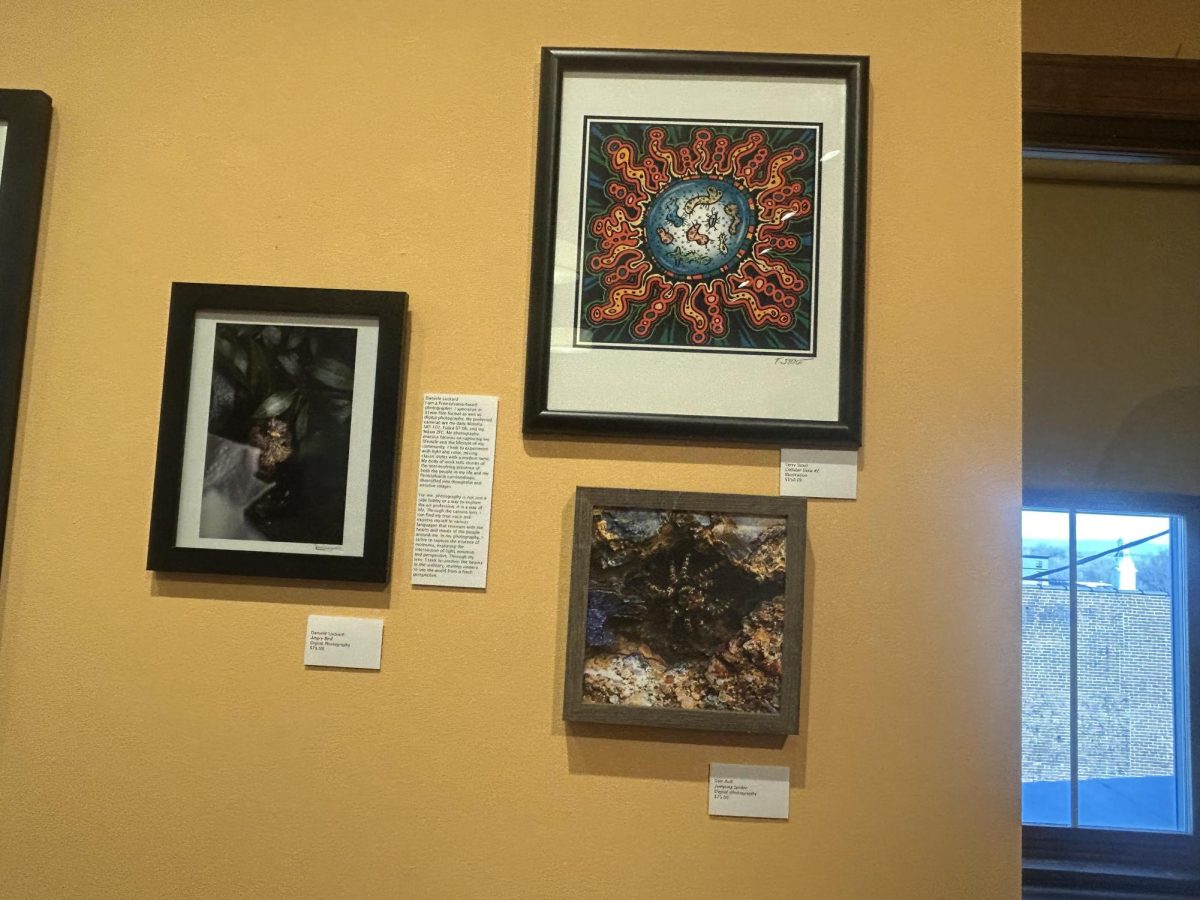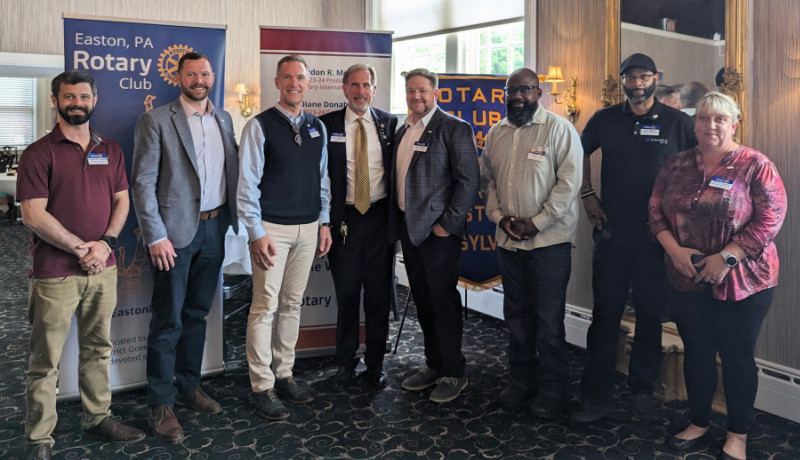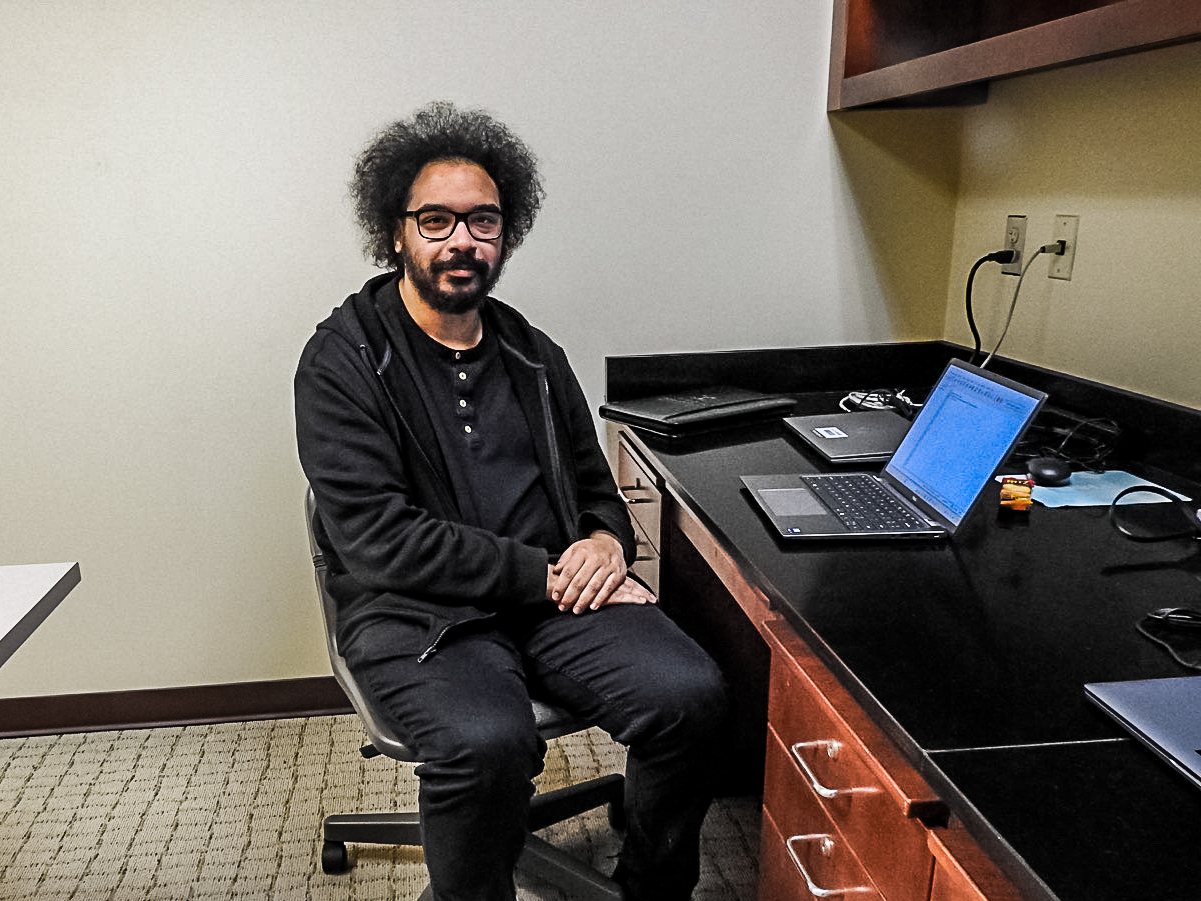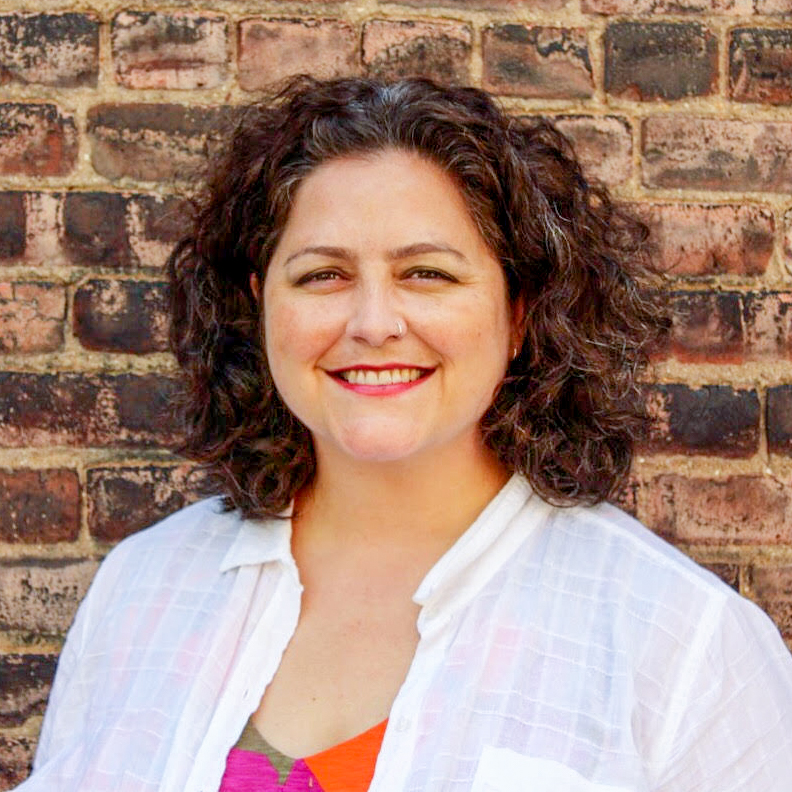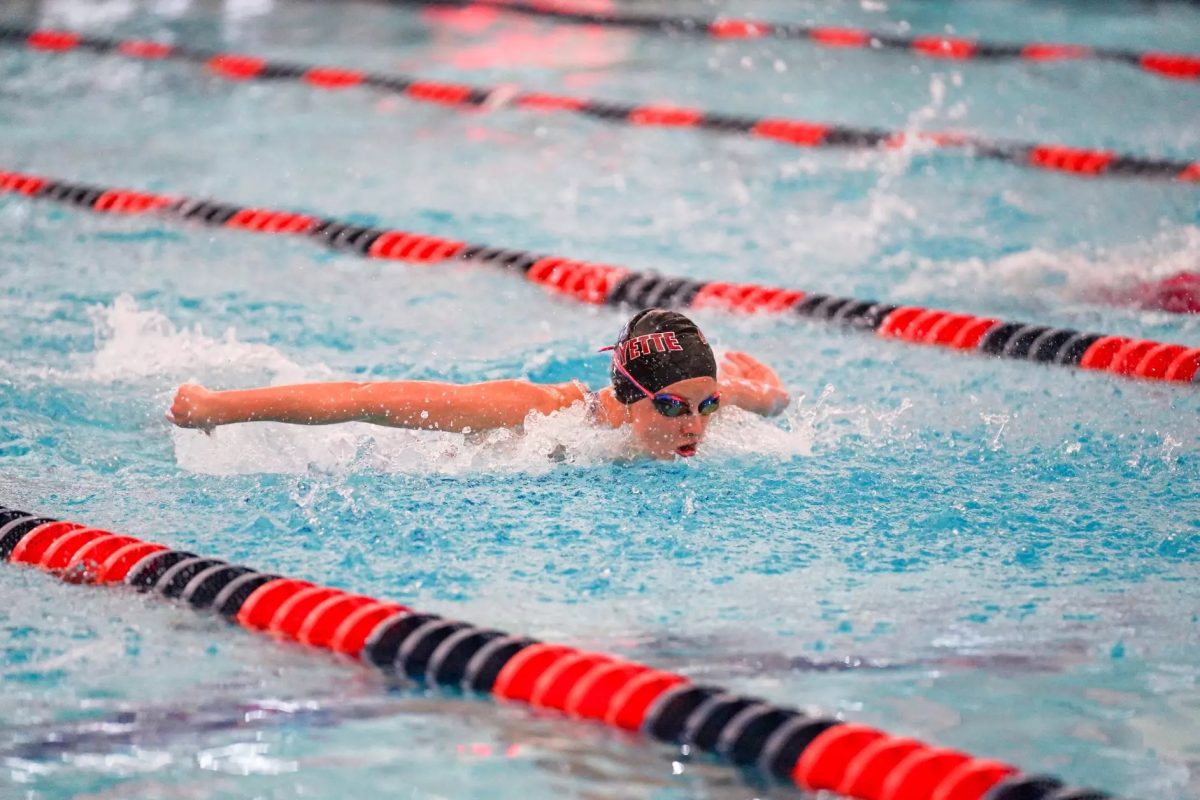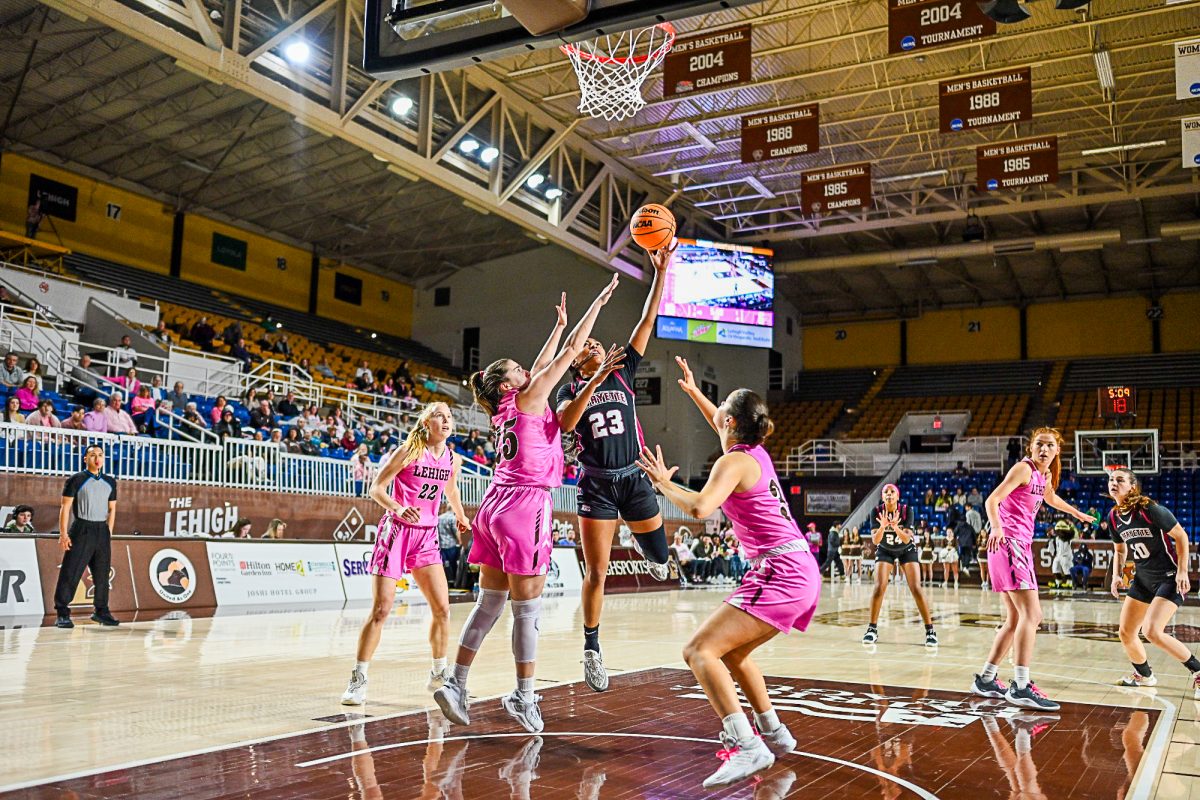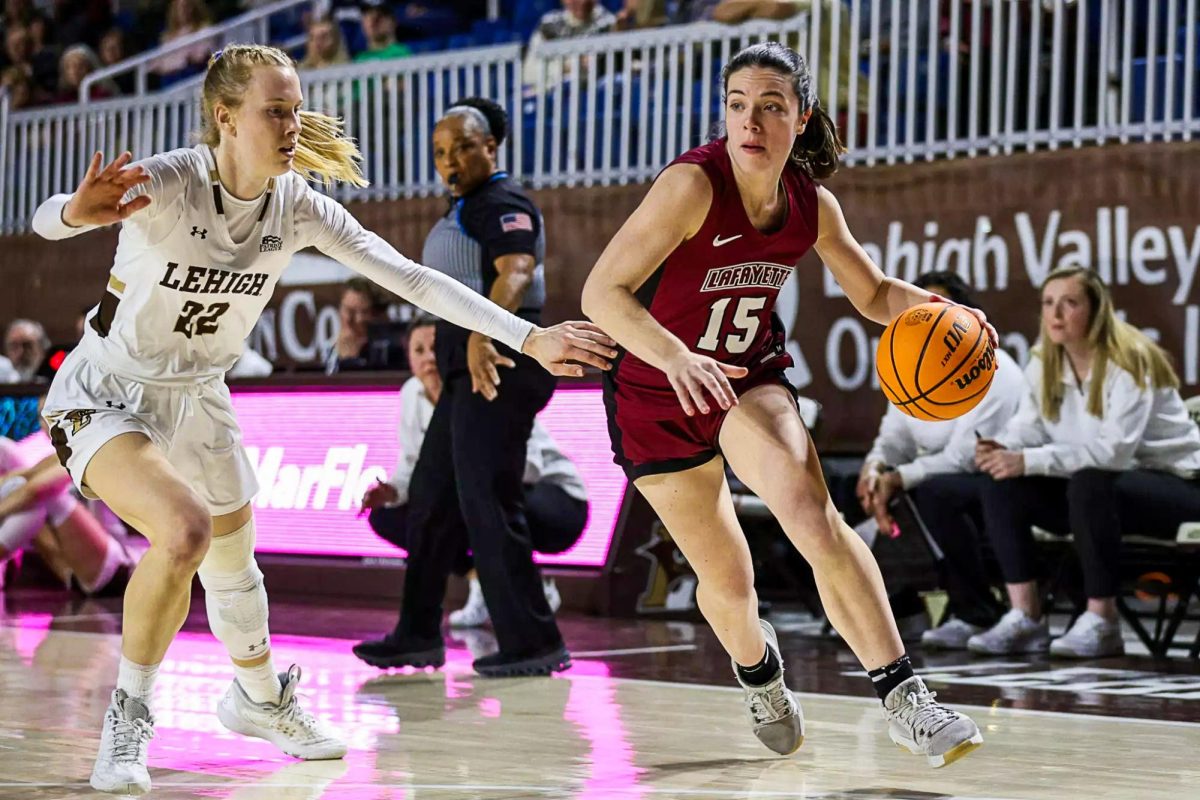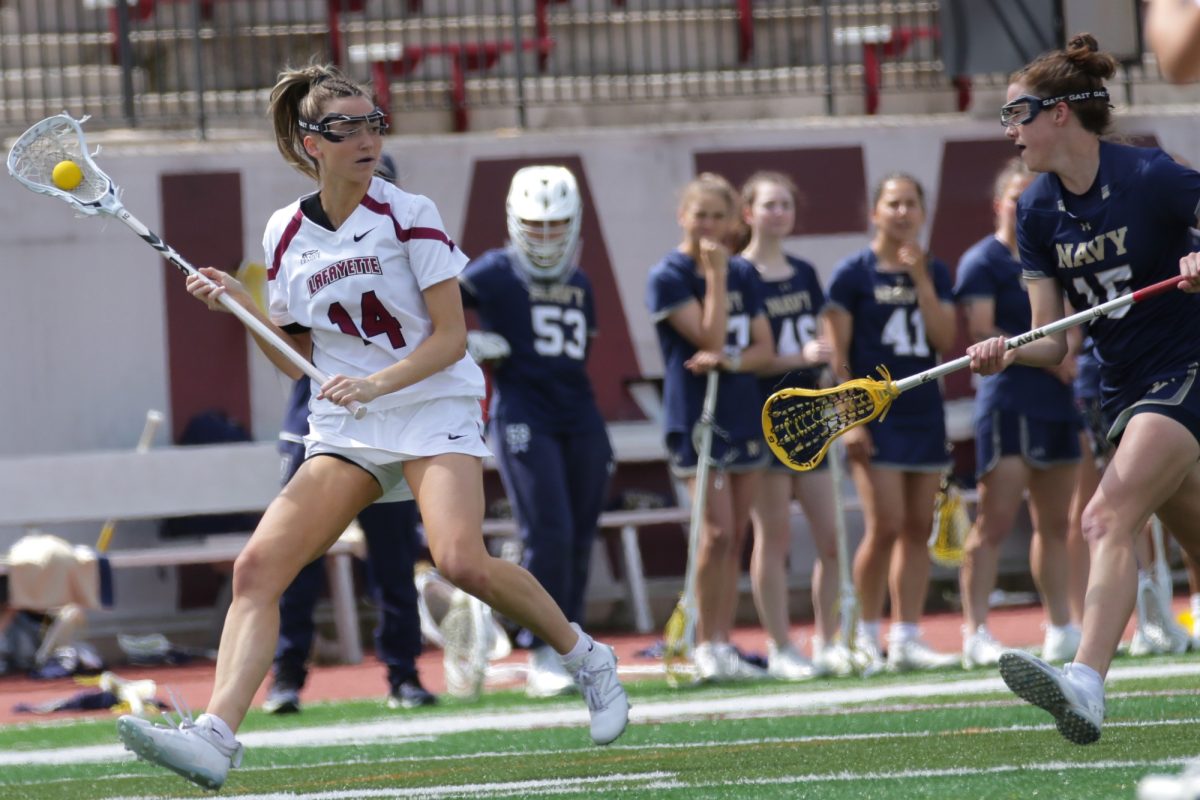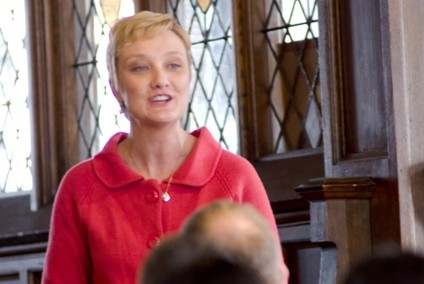Photo by Nicole Maselli ‘14
The Offices of Religious and Spiritual Life and Intercultural Development hosted the 2nd annual Martin Luther King, Jr. Memorial Lunch, in Hogg Hall Tuesday, where students, staff, faculty, and administration came together to talk about and listen to stories about civil rights leaders who made an impression on the speakers’ lives.
The program, titled “Saluting Unsung Heroes,” included speeches on Samuel De Champlain, Prudence Crandall, Susan B. Anthony, Marcus Garvey, and Bayard Rustin. It also included a story about a civil rights rally held by Lafayette students in 1948.
“We thought that by celebrating Dr. King and remembering his legacy, it’d be nice to highlight some other things that we don’t really get to talk about or read much about,” Dean of Intercultural Development John McKnight said regarding the format of the luncheon.
“I like the idea of treating this occasion as not just a memorial for Dr. King, but as an opportunity to learn about other people whose lives and contributions, were a factor in civil rights movements,” President Byerly said during the opening remarks of the event.
Diane Shaw, Director of Special Collections and College Archivist, spoke about a 1948 civil rights rally at Lafayette, where students staged a protest because officials of the Sun Bowl in El Paso, Texas insisted that Lafayette, who was playing in the bowl, bench David Showell, an African-American halfback on the team. Once the students were informed the Sun Bowl found another team to replace Lafayette once they started to protest, the students sent a telegram to President Harry Truman stating, “Denied the Sun Bowl game, because we have a Negro on our team. Is this democracy?” according to Shaw. The next day a rally was held where the students passed a formal resolution against racial discrimination. Three years after the rally, the Sun Bowl was desegregated.
Ashli Austin ‘14 and Leah Godin ’14, spoke about civil rights leaders Septima Clark and Katherine Dunham, respectively. Clark was a teacher and one of the leaders of the NAACP, and in 1966, she was fired from a teaching position because of her activism in the group. Clark used this as an opportunity in order to establish many schools, eventually known as Citizenship Schools, allowing many blacks to receive a quality education.
Dunham was a black woman who pursued studies in cultural anthropology and created the first all-black dance group that focused on traditional African dance. After a 1944 performance with the dance group in Louisville, Kentucky, she vowed never to go back in protest of segregation.
Other speakers included Katalin Fabian, Associate Professor of Government and Law; Tim Silvestri, Assistant Director of the Counseling Center; Alex Hendrickson, Director of Religious and Spiritual Life; Christina McFadden, Admissions Assistant; Gladstone Hutchinson, Associate Professor of Economics; and Gene Kelly, Director of Gender and Sexuality Programs.
The program ended with a tribute to folk singer and supporter of civil rights, Pete Seeger, who passed away the day before, with the entire room joining together in singing, “We Shall Overcome” a civil rights anthem popularized by the artist.


